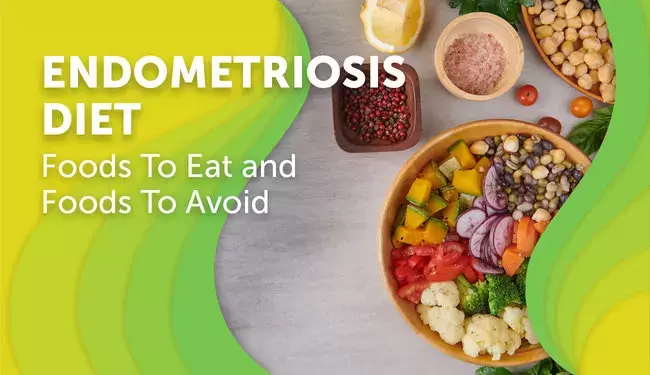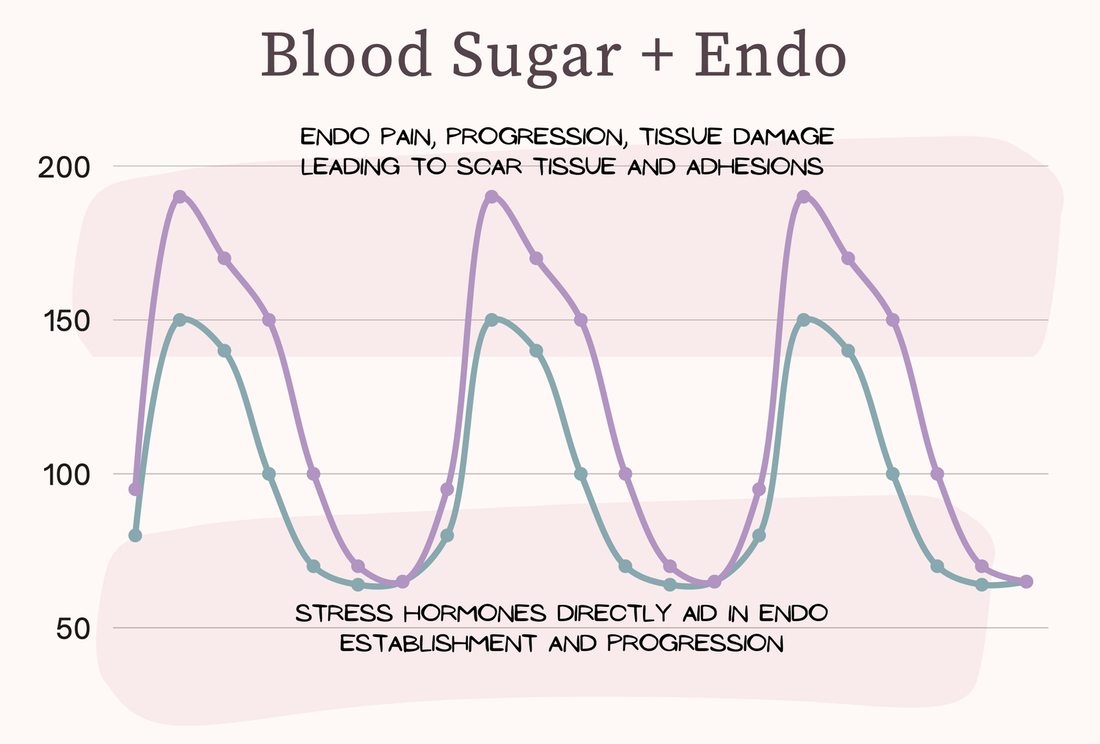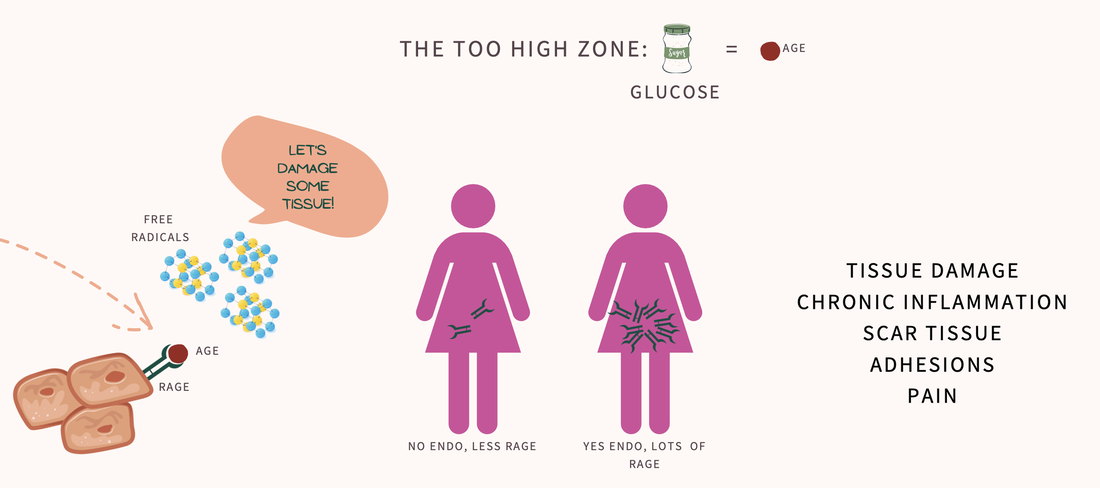|
Endometriosis is a common condition that affects millions of women worldwide. It's characterized by the growth of tissue similar to the lining of the uterus in other parts of the body, such as the ovaries, fallopian tubes, and even the bladder and bowel. One of the most challenging aspects of endometriosis is that there is no known cure. However, several lifestyle changes and dietary modifications can help manage the symptoms and improve quality of life for women with endometriosis.
One possible dietary approach often recommended for women dealing with endometriosis is to focus on regulating blood sugar levels. Studies show that changes in blood sugar may contribute to endometriosis, and a proper diet can help stabilize these levels. Here are some important factors to keep in mind when adjusting your diet to help manage endometriosis: Avoid refined carbs and sugars Refined carbs, such as white bread, pasta, and other processed foods, can cause a rapid rise in blood sugar levels, leading to higher levels of inflammation in the body. Chronic inflammation may worsen endometriosis symptoms. Additionally, sugary drinks and snacks can also cause spikes in blood sugar levels, leading to a crash soon after. Reducing or eliminating refined carbs and sugars from your diet can help regulate blood sugar levels and reduce inflammation, which may alleviate endometriosis symptoms. Focus on whole grains, healthy fats, and protein
Replacing refined carbs with complex carbohydrates from whole grains, such as brown rice, quinoa, and whole-wheat bread, can help regulate blood sugar levels and reduce inflammation. Additionally, healthy fats found in foods like salmon, avocado, and nuts can also help stabilize blood sugar levels and decrease inflammation. Protein is also an essential part of your diet when dealing with endometriosis. Protein helps build tissue, heals the body, and helps balance hormones. Choose lean protein sources such as chicken, fish, beans, and tofu instead of processed meats. Eat fiber-rich foods Eating plenty of fiber-rich foods can help regulate blood sugar levels, maintain a healthy weight, and promote bowel regularity. Adequate fiber intake is also essential for good gut health and healthy digestion, which is important when dealing with endometriosis. Fruits, vegetables, beans, and grains are excellent sources of fiber. Adding fruits or vegetables to each meal and choosing whole-grain versions of bread and pasta is an easy way to increase your fiber intake. Consider supplements for added support In addition to a healthy diet, some supplements may also help manage endometriosis symptoms. Omega-3 supplements, for example, can help reduce inflammation in the body. Magnesium supplements can help reduce muscle tension and promote relaxation. It's always important to talk to your doctor before adding or changing supplements. Your doctor can help you determine which supplements may be right for you and ensure they won't interact with any medications you're taking. Conclusion
Managing endometriosis can be challenging, but diet modifications and lifestyle changes can help alleviate symptoms and improve quality of life. To help regulate blood sugar levels, it's essential to avoid refined carbs and sugars, focus on whole grains, healthy fats, and protein, and increase fiber-rich foods in your diet. Adding supplements can also provide added support, but always talk to your doctor before making any changes to your diet or supplement regimen. Endometriosis may not have a cure, but it can be managed with a holistic approach to your health. By focusing on a healthy diet and lifestyle changes, you can take control of your body and your health.
0 Comments
Leave a Reply. |
�
categories
Categories
All
|





 RSS Feed
RSS Feed